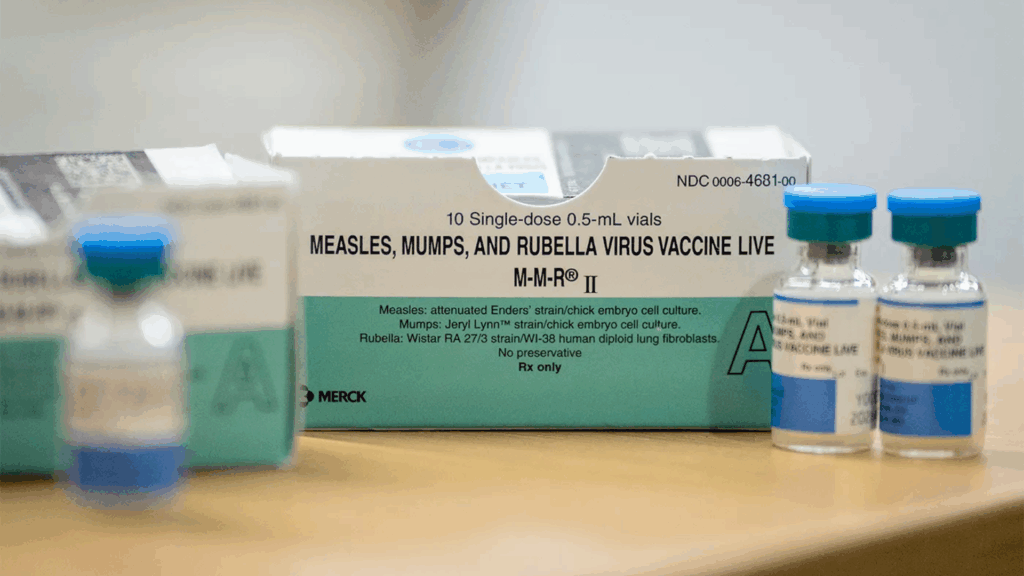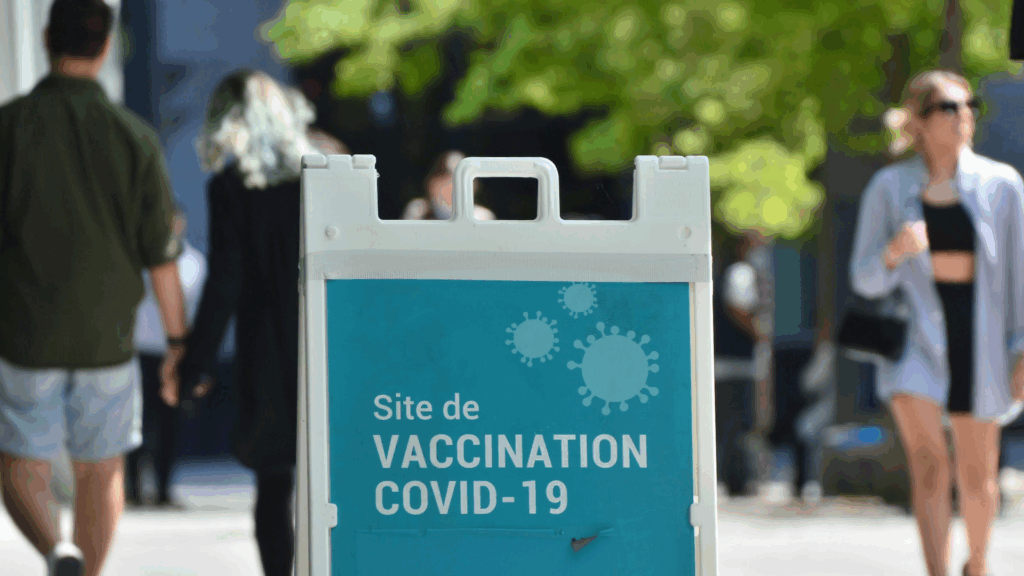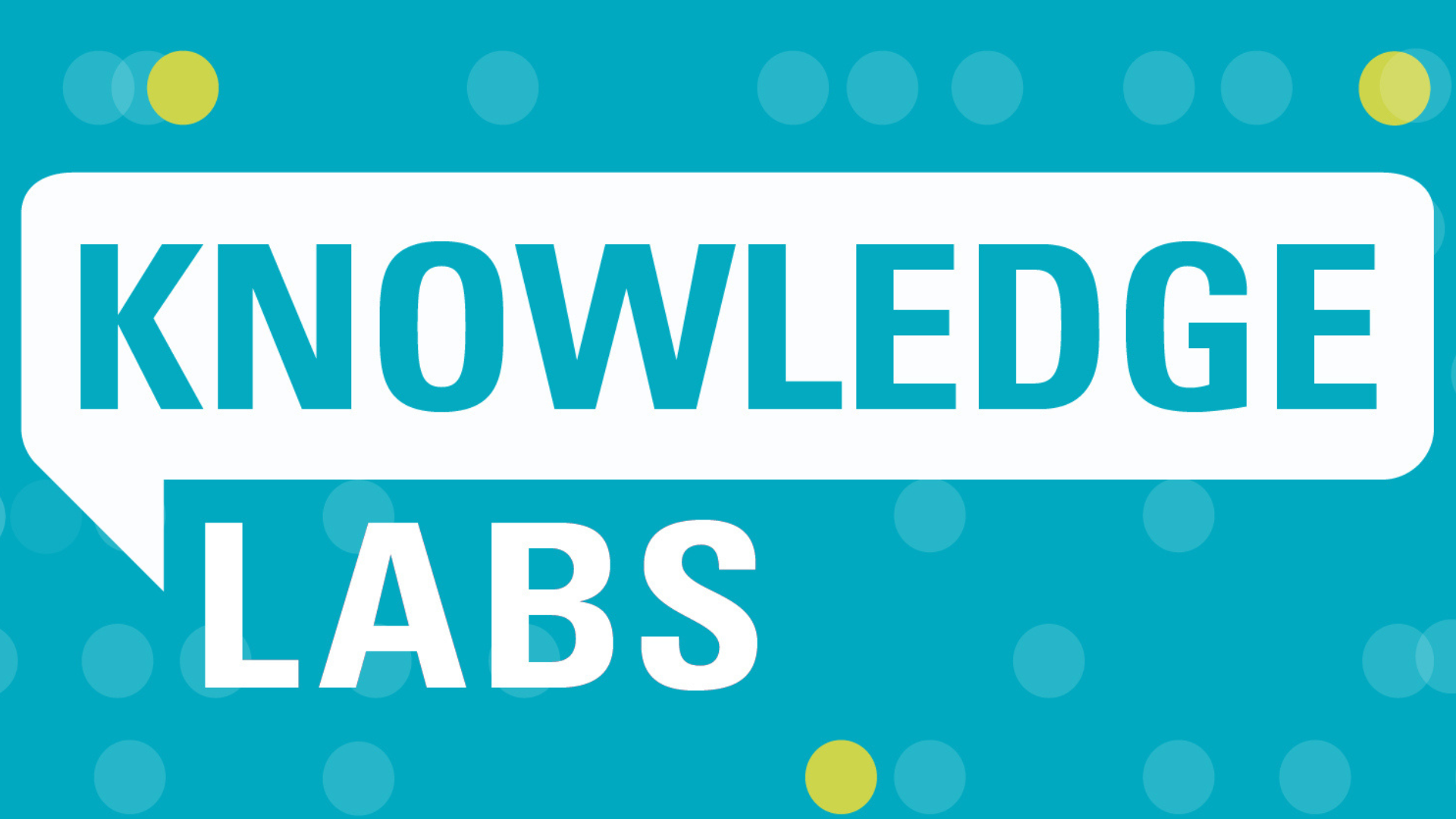OPERATIONS MANAGEMENT RESEARCH
Vaccine hesitancy: How social and technological issues converged to spawn mistrust
August 5, 2025 ·
Contributed by: Emanuele Blasioli and Elkafi Hassini

The rise in vaccine-preventable diseases around the world is threatening decades of progress in public health and putting millions of people at risk.
The decline in vaccination coverage in the United States illustrates the global problem. Rates of most routine vaccinations recommended for children by age 24 months by the Advisory Committee on Immunization Practices, which focus on 15 potentially serious illnesses, have declined.
Canada has not been spared from this phenomenon. As of July 19, there have been 4,206 measles cases (3,878 confirmed, 328 probable) in 2025 reported by 10 jurisdictions (Alberta, British Columbia, Manitoba, New Brunswick, Northwest Territories, Nova Scotia, Ontario, Prince Edward Island, Québec and Saskatchewan).
This decline in vaccine coverage is often attributed to misinformation and disinformation. As data analytics researchers, we used operations research techniques to understand why people are vaccine-hesitant. In our study, we explore how anti-vaccination sentiments and attitudes can be better understood through an integrated approach that combines social network analysis with insights into psychological reactance and the influence of eHealth literacy on health-related behaviours.
So what fuels skepticism about vaccines? It’s a complex blend of personal, social and environmental factors.

How our brains decide (and often get it wrong)
People typically use mental shortcuts, known as heuristics, to simplify complex issues.
The purpose is to minimize analytical efforts and speed up decision-making, which can sacrifice accuracy for the sake of efficiency. This results in distortions known as cognitive biases, which influence judgment and decision-making.
Vaccination decisions are influenced by these processes in the same way as any other decision.
Skepticism toward vaccines has often been associated with fears related to possible side-effects. These fears are fuelled by our broad tendency to overestimate negative consequences, a mechanism known as risk-perception bias.
A recent study published in Nature Scientific Reports confirmed that vaccine-hesitant individuals are more sensitive to risk, and give undue weight to potential side-effects.
Another study, from the journal Vaccine: X, looked at cognitive biases related to vaccine hesitancy and revealed four factors significantly associated with hesitancy. These are:
- fear of vaccine side-effects (skepticism factor),
- carelessness about the risks of not being vaccinated (denial factor),
- optimistic attitude, believing they are less at risk of illness (optimistic bias factor) and
- preference for natural products (naturalness bias factor).
Existing beliefs can also significantly interfere with evaluations and decisions, since people are inclined to seek information that reinforces and confirms their convictions. Confirmation bias interferes with the rational evaluation of evidence related to vaccine safety and efficacy.
The effect of this bias becomes particularly relevant when analyzing how susceptible individuals are to misinformation — a major barrier to vaccine uptake.
The myth of rationality
Assuming human beings can make fully rational decisions is helpful for developing simulations and models, like those in game theory. Game theory is a powerful analytical tool often used in operations research to understand phenomena arising from the interaction of multiple decision-makers, allowing us to predict the possible scenarios that may unfold.
Insights from behavioural economics and cognitive psychology suggest that any assumption of rationality is often wildly optimistic.
“Bounded rationality” describes the constraints within which reason operates. Human judgments suffer from a scarcity of information, time limitations and our limited ability to analyze.

Still, even the most effective information would not be enough to convince all vaccine-hesitant individuals. In some cases, it can have the opposite effect.
Understanding psychological and attitudinal predictors of vaccine hesitancy allows us to compare their influence in different contexts. Contexts define the environmental background (or setting) in which individuals decide about the vaccine.
These comparisons show that thought patterns and attitudes that feed into vaccine hesitancy can be modified, unlike stable risk factors, including demographic factors, such as unemployment, lower education, younger age, rural residency, sex and migrant status.
Change in vaccination decision over time
Immunization behaviours evolve over time, influenced by social dynamics. Researchers have studied why voluntary vaccination programs for childhood disease sometimes fail, showing how self-interested decision-making leads to lower vaccination rates and prevents the complete eradication of the illnesses that vaccination could otherwise control.
Assuming parents can make perfectly rational decisions, the study outlined two scenarios:
- The benefit of vaccination for their child, accepting there might be some risk of side-effects;
- The benefit of not vaccinating, knowing they can avoid side-effects, and hoping their child won’t catch the disease.
Whenever these choices seem equally good to parents, the researchers found there is a critical drop in vaccination uptake, especially for highly contagious diseases.
Another study investigated why vaccination rates swing wildly up and down over time instead of remaining steady.
The authors focused on how people copy each other’s behaviour and looked at two actual vaccine scares that happened in England and Wales, one in the 1970s with whooping cough vaccine and another in the 1990s with the measles, mumps and rubella (MMR) vaccine.
They found that parents oscillated between vaccinating and not as they followed the herd in whatever choice seemed safest, causing boom-and-bust cycles and unstable community protection from the targeted illnesses.
Such dynamics can also result in localized pockets of under-vaccination that benefit the unprotected through herd immunity, but also risk unvaccinated groups becoming high-risk clusters if that protection deteriorates.

Echo chambers in social media
The COVID-19 pandemic has proven how damaging misinformation, disinformation, information voids and information gaps can be to public health, including immunization coverage and vaccine hesitancy.
The relationship between social media misinformation and vaccine hesitancy can be understood by looking at two elements: how much individuals are exposed to it and how persuasive social media is.
At the height of the COVID-19 pandemic, vaccine-skeptical content on social media had a significant negative effect and fuelled doubts about vaccine safety and effectiveness, particularly when not subjected to flagging by fact-checkers.
The impact of unflagged vaccine-skeptical content in driving vaccine hesitancy was estimated to be 46 times greater than flagged misinformation content.
Factually accurate but potentially misleading content — such as a rare instance where a young, healthy individual passed away shortly after being vaccinated — also plays a critical role in driving up vaccine hesitancy.
In our own research, we and our collaborators argue that investigating the role of social media networks can help us develop new strategies to promote and increase evidence-based vaccine literacy.
Authors: PhD Candidate in Management Science, DeGroote School of Business, McMaster University and , Professor, DeGroote School of Business, McMaster University.
This article is republished from The Conversation under a Creative Commons license. Read the original article.















